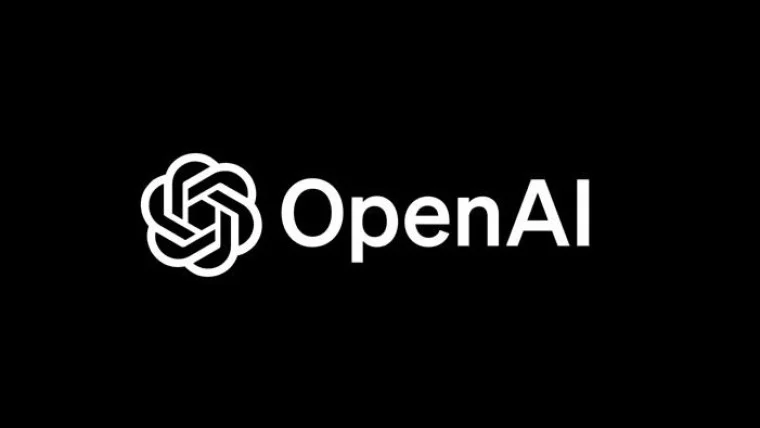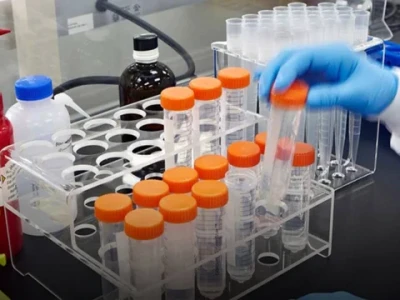Alright, folks, buckle up. Because the latest news from OpenAI isn't just another incremental upgrade – it's a potential paradigm shift in how we approach science itself. They've released a paper detailing "Early science acceleration experiments with GPT-5," and honestly, the implications are staggering. We're talking about using AI not just to crunch numbers, but to collaborate on scientific breakthroughs.
The Dawn of Collaborative Science
For too long, scientific progress has been bottlenecked by time. Years spent on literature reviews, months wrestling with a single stubborn problem. But what if we could compress that timeline? What if we could give brilliant minds the ability to explore more ideas, test more hypotheses, and uncover insights faster than ever before?
That's the promise of GPT-5, and the early results are mind-blowing. Take the story of Dr. Derya Unutmaz, who spent months trying to understand a puzzling change in human immune cells. GPT-5, fed with an unpublished chart, pinpointed the likely mechanism in minutes and even suggested a follow-up experiment that confirmed it. Minutes versus months! Imagine the acceleration of medical research if this becomes the norm.
Or consider the mathematicians Mehtaab Sawhney and Mark Sellke, who were stuck on a decades-old problem posed by Paul Erdős. GPT-5 offered a novel idea that helped them finally crack it! This isn't just about speeding things up; it's about unlocking entirely new avenues of discovery. It's like giving scientists a super-powered research assistant, one that can sift through mountains of data, identify hidden connections, and even propose entirely new lines of inquiry.
OpenAI isn't positioning GPT-5 as a replacement for human scientists, and that’s crucial. Instead, they're emphasizing the power of human-AI teams. Scientists set the agenda, define the questions, and validate the results. GPT-5 brings breadth, speed, and the ability to explore multiple directions simultaneously. It’s a partnership, a symbiosis, where the strengths of both humans and AI are amplified.

This reminds me of the invention of the printing press. Before Gutenberg, knowledge was painstakingly copied by hand, limiting its reach and accessibility. The printing press didn't replace scribes, it empowered them, allowing ideas to spread like wildfire and fueling the Renaissance. GPT-5 has the potential to do the same for scientific knowledge, accelerating the pace of discovery and innovation in ways we can only begin to imagine.
But with this power comes responsibility, of course. We need to be mindful of potential biases in the data, the risk of over-reliance on AI, and the ethical implications of these discoveries. We need to ensure that this technology is used to benefit all of humanity, not just a select few.
The collaboration between Intuit and OpenAI is another intriguing piece of the puzzle. The idea of having personalized financial advice accessible directly within ChatGPT is compelling. Intuit envisions users gaining insights into everything from paying off debt to increasing business profitability. One could even schedule time with a live local tax expert. It's about meeting people where they are and making financial expertise more accessible. Intuit partners with OpenAI on ChatGPT apps
I saw a comment on Reddit that really stuck with me: "This is the kind of thing that makes me genuinely excited about the future. Not flying cars, but AI helping us solve real-world problems." And I think that sums it up perfectly. It's not about replacing human ingenuity, it’s about augmenting it, about giving us the tools to tackle the grand challenges facing our world.
